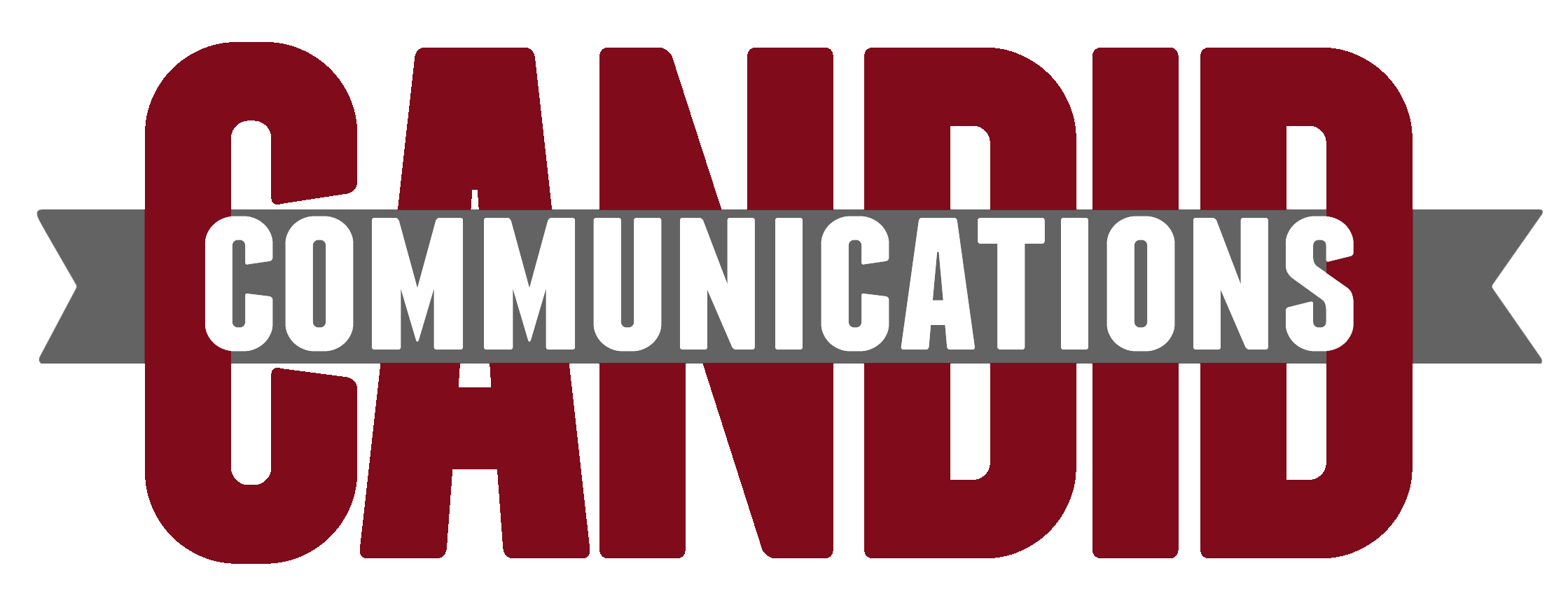Because of its importance in our daily lives, critical thinking is a skill that anyone would benefit from developing and using. You can certainly learn how to think critically and improve your problem-solving skills with little extra effort.
Practice these techniques both at home and at work and soon you’ll reprogram your brain to automatically consider all sides of a problem—with a goal of making better decisions:
- Think for yourself. First, don’t be so quick to ask others for the answers to your problems. Step back from the issue and look at the subject from all angles. Consider all relevant information about the situation to exercise critical thinking effectively.
- Try not to make snap judgments. Stephen R. Covey said, work to understand before trying to be understood. In other words, examine all of the evidence closely and absorb all of the data first. When you consider all relevant data, your decision will be well-reasoned.

- Evaluate objectively. Evaluating the information without letting your own opinions affect your judgment is one of the biggest hurdles people face when trying to develop their critical thinking skills. Objective reasoning doesn’t happen overnight.
- You may need to make a conscious effort to think past your own opinions. Imagine that you are not yourself, but instead a totally neutral outside observer. As such, how would that change your view of a situation? Being able to get yourself into this mindset will go far toward your development of effective critical thinking capabilities. Often, I like to argue the exact opposite of what I first thought—just to explore the issue from a different view. It’s always fascinating for me.

Even if it takes some time to sharpen your critical thinking skills, the benefits far outweigh the effort. Critical thinking will teach you an entirely new way to look at the world and can do wonders for your abilities as a problem solver. As a critical thinker, you’ll be better equipped to face challenges presented by an ever-changing world, and you’ll be well-served in both your personal and professional life.
BONUS MATERIAL
Teaching Children Critical Thinking
As with most things in life, if you begin teaching your children how to think critically, they can master this process, which will benefit them greatly as adults.
To build the next generation of leaders, here are a few tips to help your children expand their problem-solving capabilities:
- Ask your child questions. Reinforce what they’ve learned at school with simple questions about their homework. Ask their opinions about their social activities or their favorite activities to spark conversation and encourage kids to think of relevant answers.
- Respect your child’s opinion. Children are complete individuals with their own belief systems. Listening to and considering their opinions will give them confidence.
- Confident children who voice their opinions will become confident adults who will actively participate in life.
- Let your children think for themselves. If you do everything for your child and answer every single question for them, they’ll always rely on you – the parent – for their answers. For the sake of their healthy future, please resist that.
- Encourage your child to find their own answers to their questions and praise them when they find the answer. When our own children would ask us how to spell a word, our answer was the same: “What do you think? Sound it out.” We found that helped them on their discovery path, rather than spell new words for them Every. Single. Time.

#CriticalThinking #ProblemSolving #ThinkForYourself #ObjectiveEvaluation #BetterDecisions #SelfImprovement
